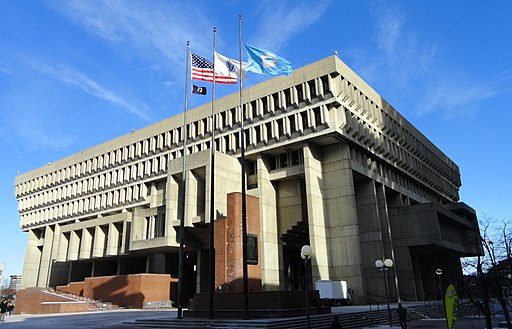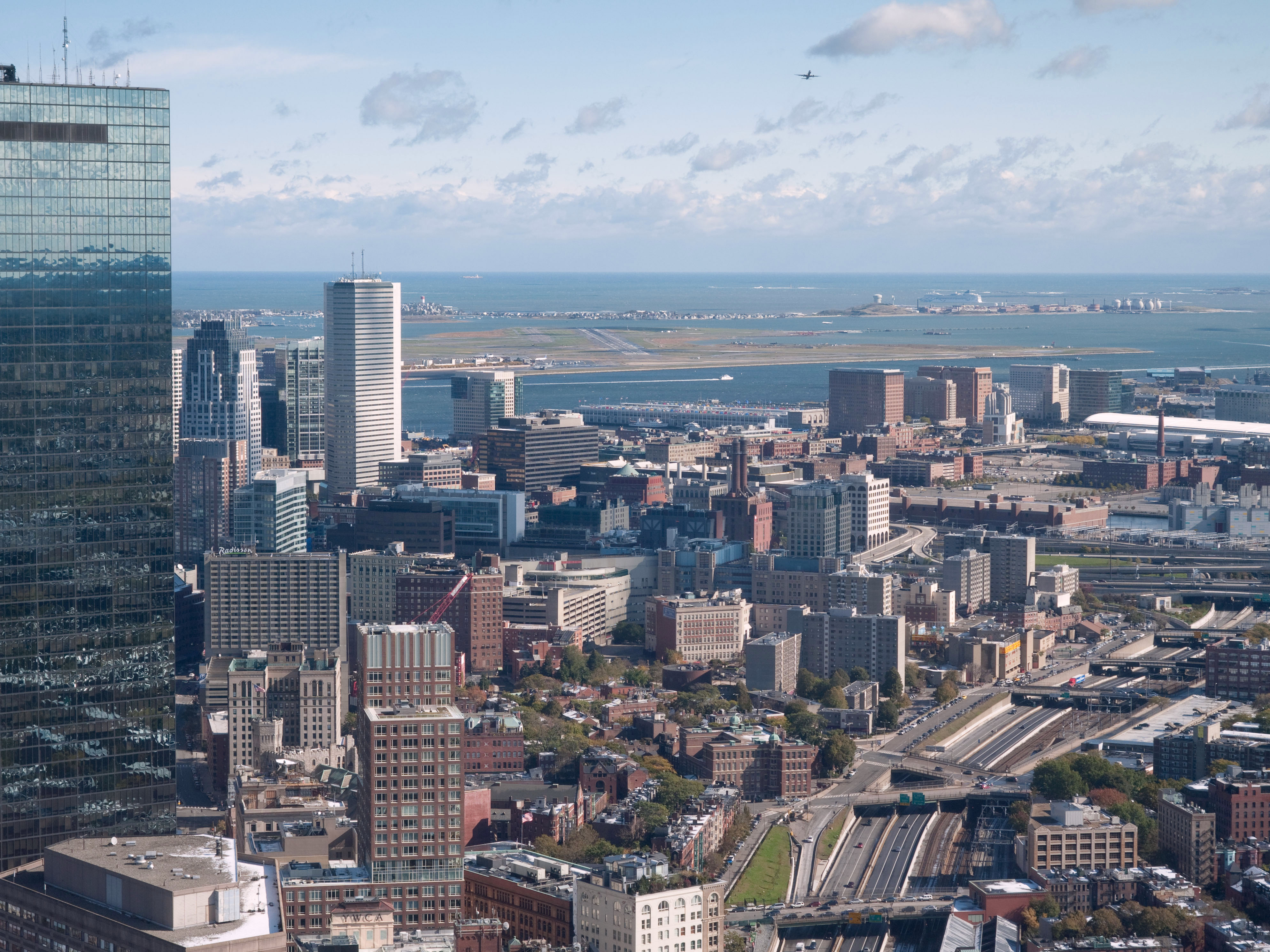Tag: boston
-
Wu wins Boston mayoral race
Michelle Wu defeated Annissa Essaibi George in the nonpartisan mayoral election in Boston, Massachusetts, on Nov. 2. As of 11:15 p.m. ET, Wu had 61% of the vote to Essaibi George’s 39%. Both candidates are at-large city councilors. Wu called the race a “choice about whether City Hall tackles our biggest challenges with bold solutions…
-
Boston mayoral debate highlights differences on housing, policing policy and more

In Boston’s Oct. 13 mayoral debate, At-Large City Councilors Annissa Essaibi George and Michelle Wu each argued that her record and vision make her the best candidate to lead the city. Essaibi George said she has a track record of working with the people of Boston to get things done. She said, “This work is…
-
Voter registration deadline for Boston’s city elections is Oct. 13

Those who want to vote in Boston’s Nov. 2 city elections must be registered to do so by Wednesday, Oct. 13. Voters who have moved need to re-register with their current address. Bostonians may register online, by mail, or in person by bringing their form to Boston City Hall. Mailed registration forms must be postmarked…
-
Boston mayoral candidates receive new endorsements following primary wins

Boston’s mayoral candidates received new endorsements following the Sept. 14 primary election. Michelle Wu, who received the most votes in the seven-candidate primary field at 33.4%, has been endorsed by gubernatorial candidate and state Sen. Sonia Chang-Diaz (D), state Rep. Liz Miranda (D), and SEIU 1199, which represents healthcare workers. Annissa Essaibi George received recent…
-
Wu and Essaibi George advance from Boston mayoral primary

Michelle Wu and Annissa Essaibi George advanced from Boston’s mayoral primary election Tuesday night. As of Wednesday at 10:30 a.m. EST, Wu received 33.4% of the vote to Essaibi George’s 22.5%. Eight candidates were on the ballot. Wu and Essaibi George are both at-large city councilors. They defeated fellow city councilors Andrea Campbell and Kim…
-
Boston holds mayoral primary on Sept. 14

On Sept. 14, Boston voters will decide which two of seven mayoral candidates advance to the Nov. 2 general election. Acting Mayor Kim Janey, who succeeded former incumbent Marty Walsh after his appointment to President Joe Biden’s (D) Cabinet, is seeking election to a full four-year term. Janey also serves on the city council. Three…
-
Early voting in Boston is Sept. 4-10

Early in-person voting for Boston’s Sept. 14 primary elections begins Sept. 4 and runs through Sept. 10. The city is holding elections for mayor and all 13 city council seats—four elected citywide and nine elected by district. The two candidates who receive the most primary votes in each race will advance to the Nov. 2…

